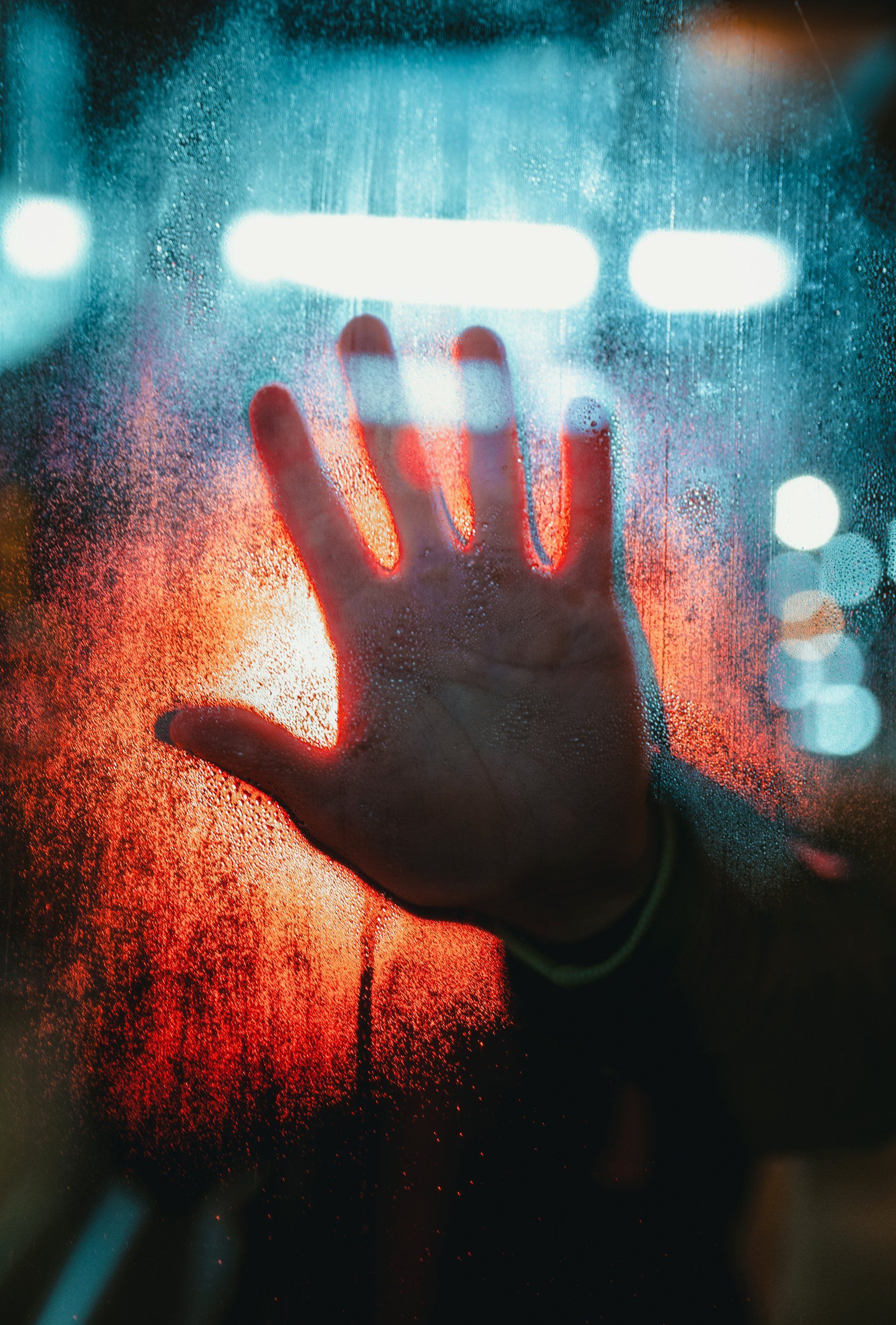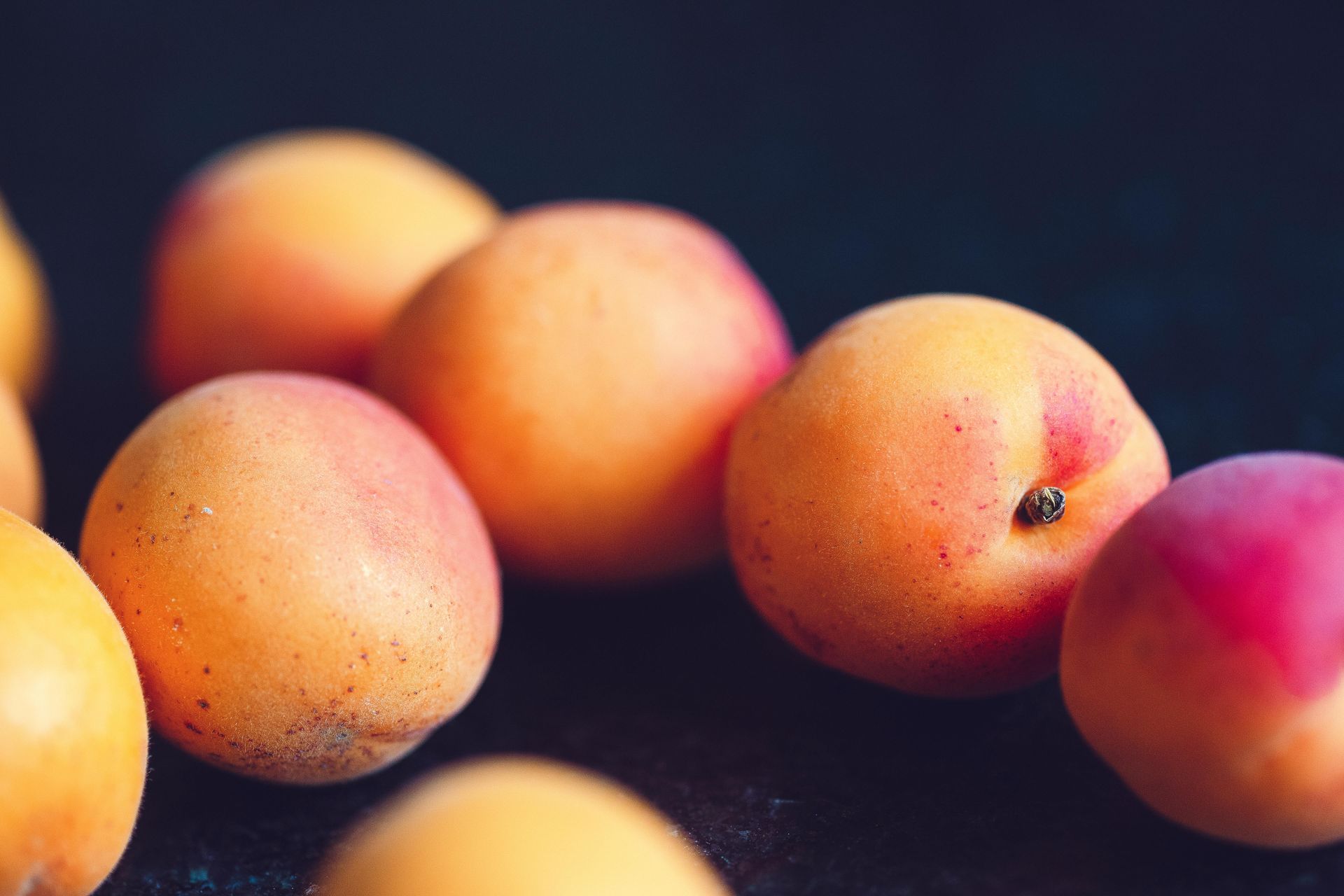What's on the cards for Covid?
And how to cope with uncertainty…
There was an expectation that 2021 would be different, would be better than 2020. The trouble is, the end of one year and the start of another is meaningless to Covid. The virus doesn’t respect days, months, years or any other kind of human classification system. And that’s why so many of us are feeling rather gloomy right now, stuck in a cold, dark, damp new year that doesn’t feel any different to 2021, with no real light at the end of the Covid tunnel.
Nobody can predict the future at the best of times. The future is even harder to get a handle on during a pandemic that just keeps on giving. Uncertainty is always hard to handle, but it;’s much harder than usual at times like this. Here are some predictions to think about, and some tips to cope with the ongoing uncertainty we’re all facing.
Covid predictions – what does the future hold?
July 2020 saw the UK’s Covid-19 case numbers so low that politicians created the ‘eat out to help out’ campaign, subsidising eating out to help preserve the economy. We were told the restrictions would ease by Christmas, but that didn’t happen. When summer ended, infections shot up again and kept climbing despite complex new tier systems.
Now our hospitals are struggling to cope with an even bigger burden than they were in April and May 2020, and things are predicted to get a lot worse over the next two months. Most of the nation is to all intents and purposes locked back down, and we’re not alone. Many more countries are suffering second and third waves, even those that originally performed better than the UK in keeping things under control from the start.
As long as we don’t get any new variants that are different enough to escape the current batch of vaccines the world has developed, vaccination should enable us to climb out of the hole we’re in. But we must be realistic – full vaccination for the population remains a long way off. At the moment the news is that all of the UK’s over 18s will be vaccinated by autumn 2021... months and months away.
How come this particular virus is so hard to deal with?
So why is Covid so difficult to deal with? The scientists say it’s because the virus is brand new, still a riddle on multiple levels. You can’t tell by looking at someone if they’ve got it. You can be symptomless, carrying Covid and passing it on to other people without realising it. Your own reaction to the virus is impossible to predict. It might hit you hard or it might not, you might develop Long Covid or you might not. You might live, or you might not.
We are getting better at treating the worst cases of Covid but we can only guess at who will get very ill and who will die. We have no idea about the reasons behind these differences, and the biggest puzzle of all is a massive one - what can we do about it all?
Some say we underestimated the virus in 2020. That needs to stop. And the faster we can get everyone vaccinated, the better. We’re just fortunate the virus isn’t as deadly as MERS, a coronavirus that kills 33% of people who catch it, or SARS, a coronavirus that kills 10% of sufferers.
Whatever happens through the next few months, only one thing is clear: the faster people are vaccinated, the faster we’ll be able to stop this virus getting into populations to create new and unexpected outcomes. Until that happens, our lives cannot return to normal.
Tips about how to survive long term uncertainty
Humans aren’t very good at uncertainty, even though there was never much certainty about life in the first place. So how can you cope with another potential full year of not knowing what’s what, with no clue what the future holds? Here are some tips to help you handle uncertainty.
- Acknowledge and accept that the future is unpredictable right now, and it’ll stay that way for a while yet
- Make solid detailed plans for a Covid-free future, to help you feel you’re in more control
- Take action, doing things that you value
- Follow the official advice about staying safe
- Make decisions based on the official advice, not your own anxieties
- Don’t get obsessed with the news – hyper-vigilance can be damaging, and it doesn’t help that the news is so relentlessly negative
- Find a source of positive news and get some balance back into your life – www.positivenews is perfect!
- Get physical – exercise has many, many mental, emotional and physical benefits
- Know that change always brings opportunities
- Focus on the things you can control
- Be mindful. Stay in the present. Reframe your thoughts to look on the bright side. Unless you’re suffering right now, this very second, there’s no need to wallow in negative thoughts
- Be grateful for the things you have rather than focusing on the things you don’t have
- Humans naturally respond to anxiety by looking for evidence to support our feelings, something called ‘confirmation bias’. Challenge your thoughts by considering alternative perspectives and weighing up all the evidence, not just the bad news
- Be patient with yourself. The world is changing remarkably fast right now, and it takes us a while to catch up
- Be good to yourself: be kind, be forgiving, be patient
- Do things that make you feel good: chat with a friend, have a long hot bath, read a great book, make music, bake a cake...
- Find new ways to keep in touch with the people you love. Letter writing has boomed during the crisis, no wonder when it’s so lovely getting a real letter through the letterbox, not just bills
- Take practical steps to change your world in line with what’s going on – use your imagination, do research, think outside the box, take a helicopter view...
Take this practical step to keep your business running in uncertain times
There’s one practical step you can take straight away. Whether you want to keep your employees safe, keep the public safe or both, our LED UVC technology is proven to do an awesomely good job of killing coronaviruses.
The right wavelength of UV light fatally damages the DNA and RNA inside everything from the spectacularly frightening Ebola coronavirus to MERS, SARS and Covid itself. This technology has been used in healthcare settings for decades. It disinfects an average-sized room in minutes, minimising business down-time as well as making it impossible for the virus to reproduce. It saves businesses endless amounts of time, money and hassle compared to the team of human cleaners you’d otherwise need to keep Covid infection at bay.
All of this levels off the amount of uncertainty a business has to deal with, and that’s absolutely invaluable.
Let’s talk about keeping you in business.










